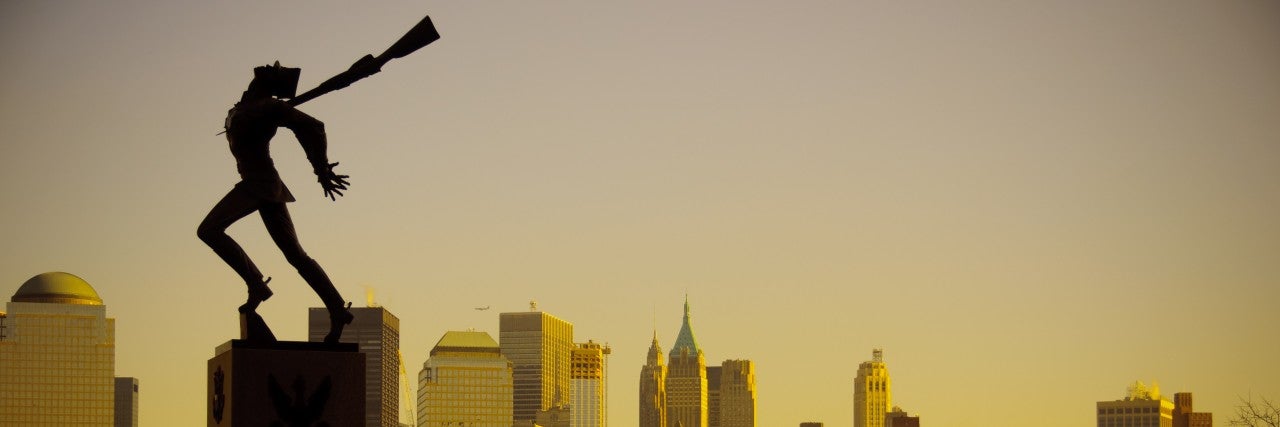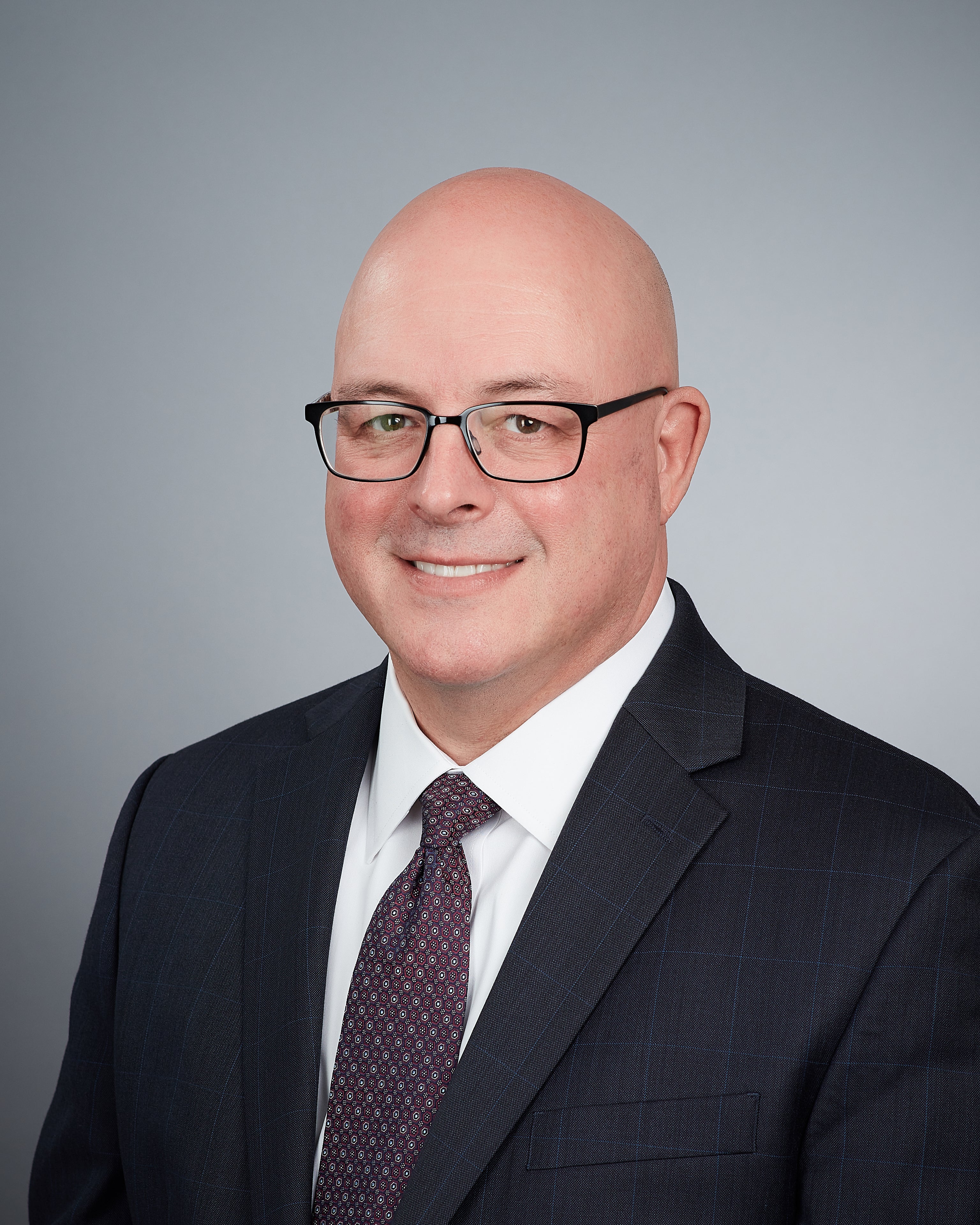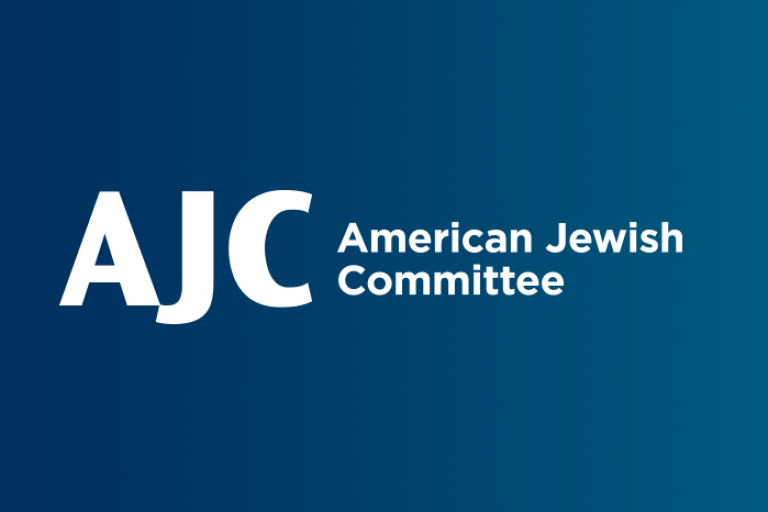May 16, 2018 — Millburn, New Jersey
This piece originally appeared in New Jersey Jewish News.
Like Jersey City Mayor Steven Fulop, I am the grandchild of Holocaust survivors.
Among my most cherished possessions is the war fighter’s ribbon my grandfather was awarded in World War I for his service as a gunner in the German army. I cherish it not as a memento of his service, but as a reminder of my father’s and grandfather’s escape from Nazi-controlled Europe in 1940 on the trans-Siberian railroad. A border guard who saw my grandfather wearing that ribbon let him and his family pass while other Jewish refugees were taken off the train and sent to certain death in Nazi concentration camps.
Especially for descendants of Holocaust survivors like me, the power of physical reminders, such as that ribbon, is immeasurable. That’s why I empathize with the angst the New Jersey Polish-American community experienced over the mayor’s original decision to move the Katyn memorial located near Exchange Place on the Jersey City waterfront.
The admittedly gruesome statue of an impaled soldier depicts the horrific massacre of more than 20,000 Polish POWs and civilians by the NKVD, the Soviet secret police, in 1940. Some 5-10 percent of those murdered were Polish Jews, including Rabbi Dr. Baruch Steinberg, chief rabbi of the Polish army.
The Katyn statue, like many Holocaust memorials and the new Legacy Museum and Memorial in Montgomery, Alabama, relies on a shocking depiction to spark our memories and strengthen our commitment to a future free of such hate. But the controversy in Jersey City was less about a gruesome depiction of a past horror, and more about dismissing the communal discourse that is at the heart of fighting such hatreds.
Inexplicably, the N.J. Polish community was not consulted on the plan to remove the memorial it helped erect in 1991 or to where it might be relocated. Making matters worse, when the speaker of the Polish Senate, Stanislaw Karczewski, objected to the statue’s removal, Fulop used social media to call him “an antisemite, white nationalist and Holocaust denier,” creating dangerous divisions where there is a need for concord.
My organization has long engaged in meaningful dialogue with Poland, as well as with Polish communities in New Jersey and across the United States. Through the Warsaw-based AJC Central Europe Office, we have been at the center of efforts to reverse the misguided Holocaust “anti-defamation” bill and await the Polish High Court’s ruling on its constitutionality.
However, the Katyn Memorial is a separate issue, a fact that was recognized not only by the Polish government, but also by the Jewish community in Poland. Chief Rabbi Michael Schudrich, president of Warsaw’s Jewish community Anna Chipczynska, and president of the Union of Jewish Communities Leslaw Piszewski issued a statement saying:
“It was with true sorrow and disbelief that we learned about plans to remove the memorial to the Katyn Massacre victims in Jersey City, which commemorates the victims of murder committed in the Second World War by Soviet henchmen on nearly 22,000 Polish soldiers who were the first to fight Nazi Germany. Remembering this genocide is the moral duty of every human being.… As the community of Polish Jews, we therefore consider it a moral obligation to commemorate all the victims of this crime in Poland and around the world, including Jersey City.”
As former N.J. State Senator Raymond Lesniak recently wrote, “Those who fail to learn from history are doomed to repeat it.… That’s why memorials like the Katyn massacre statue in Jersey City are dedicated.”
History teaches the dangers of divisive discourse and offensive language, as well.
As a fellow grandchild of Holocaust survivors, I was pleased to hear this past Friday that Fulop has returned to the values of communal consultation that his diverse Jersey City community deserves. I commend Fulop on entering into a dialogue with Polish Consul General Maciej Golubiewski and a committee from the Polish-American community that resulted in an agreement to place the memorial in a meaningful spot on York Street by the waterfront, about 200 feet away from its original location. This is a solution which serves both the changing needs of the city as well as our moral obligation to remember, an obligation the mayor and I know all too well from our family histories.
Renewing our cities for the future matters, but so do reminders of the past.
Rabbi David Levy is director of the American Jewish Committee New Jersey Region.
Photo by: Colin Knowles



